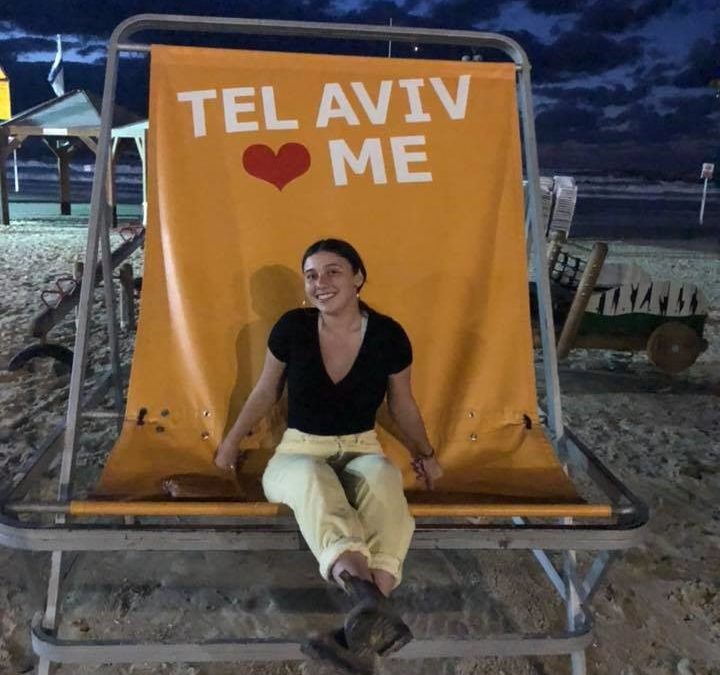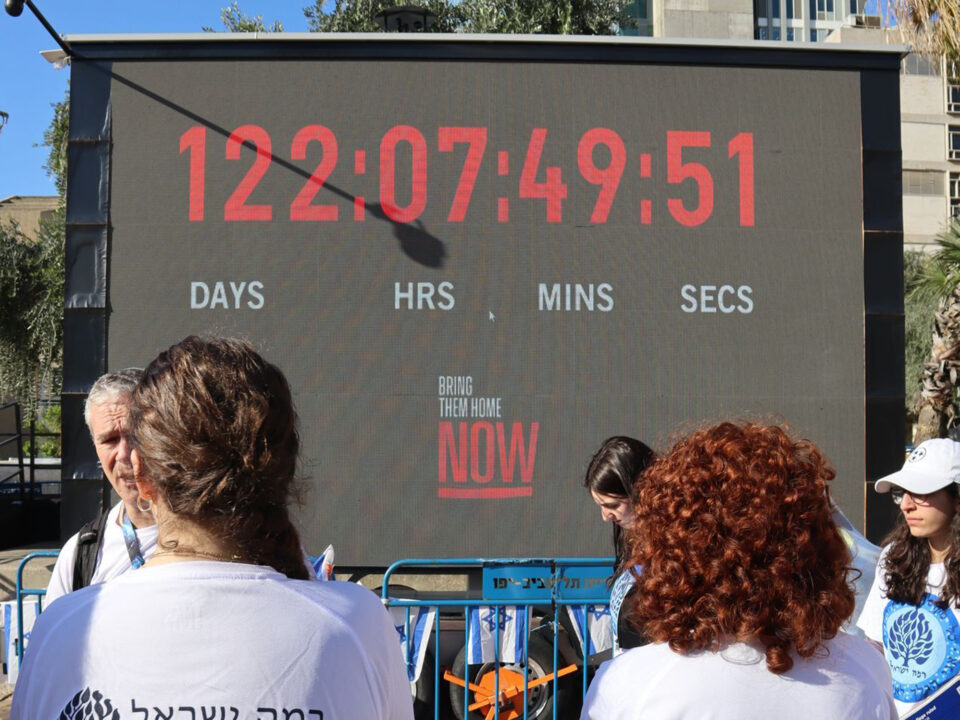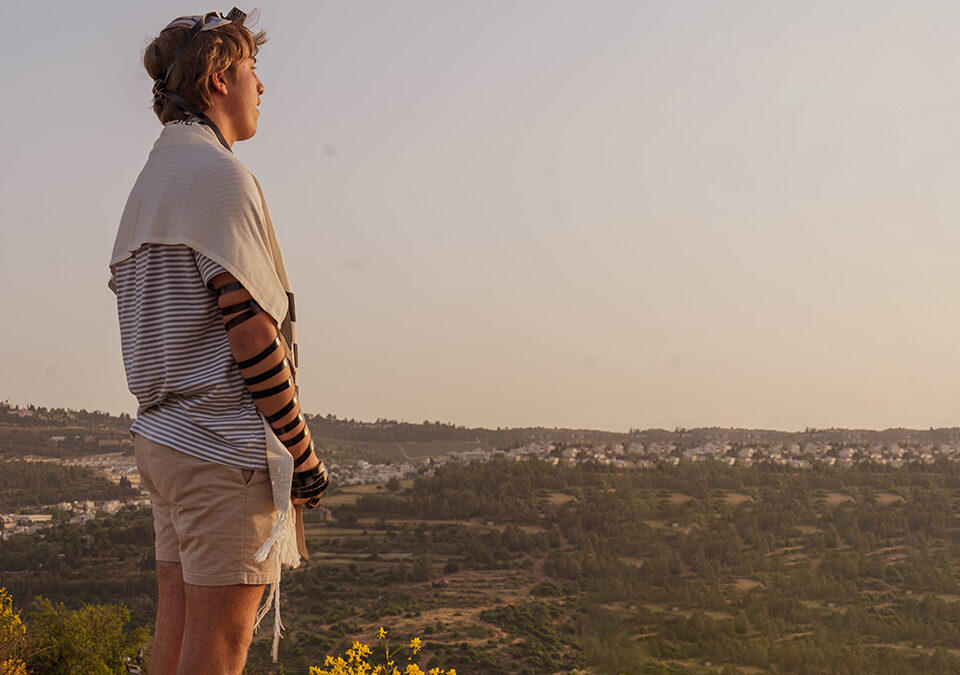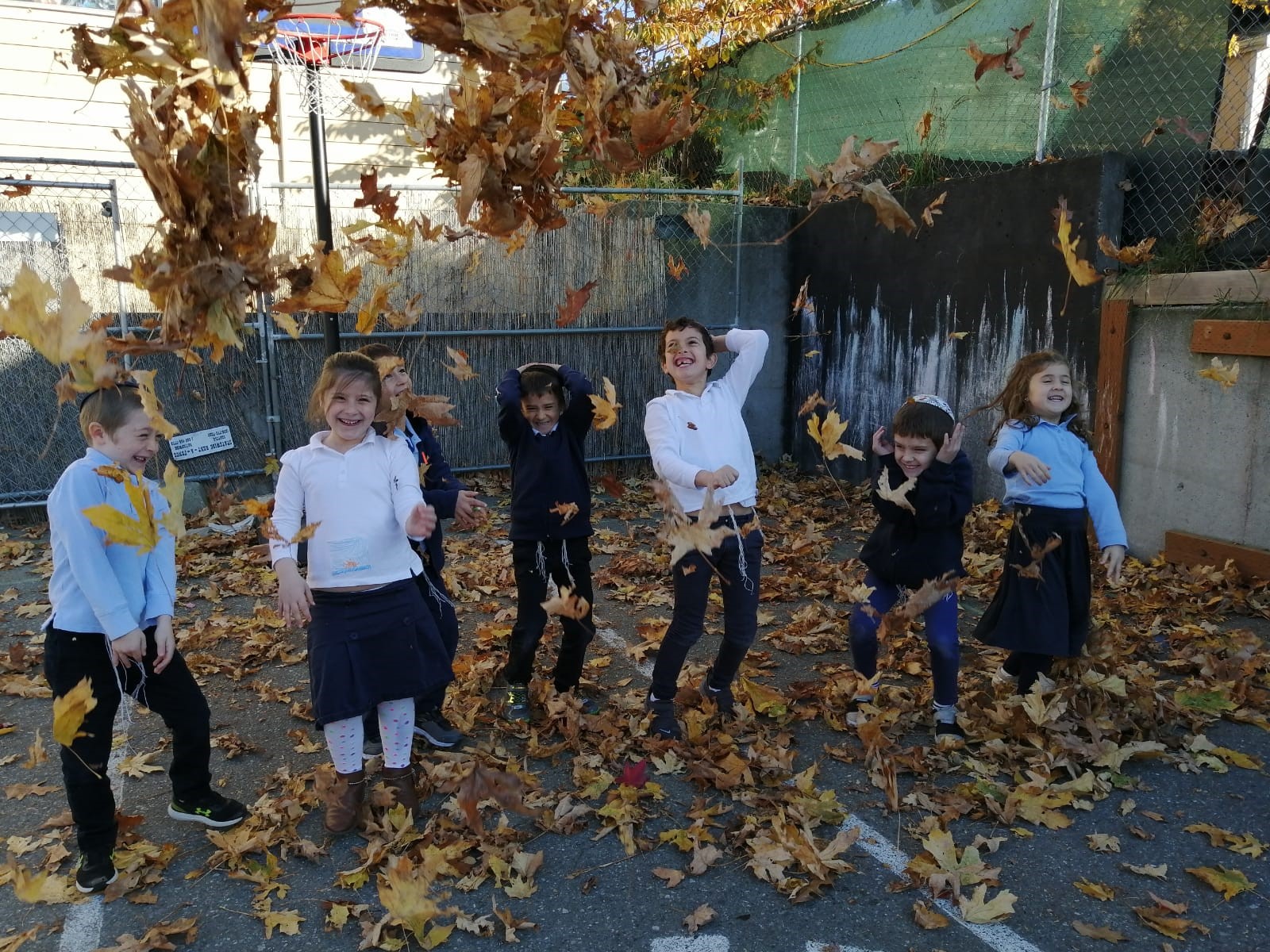
3 Families, 3 Stories: Jewish Day School in Seattle, Washington
May 3, 2019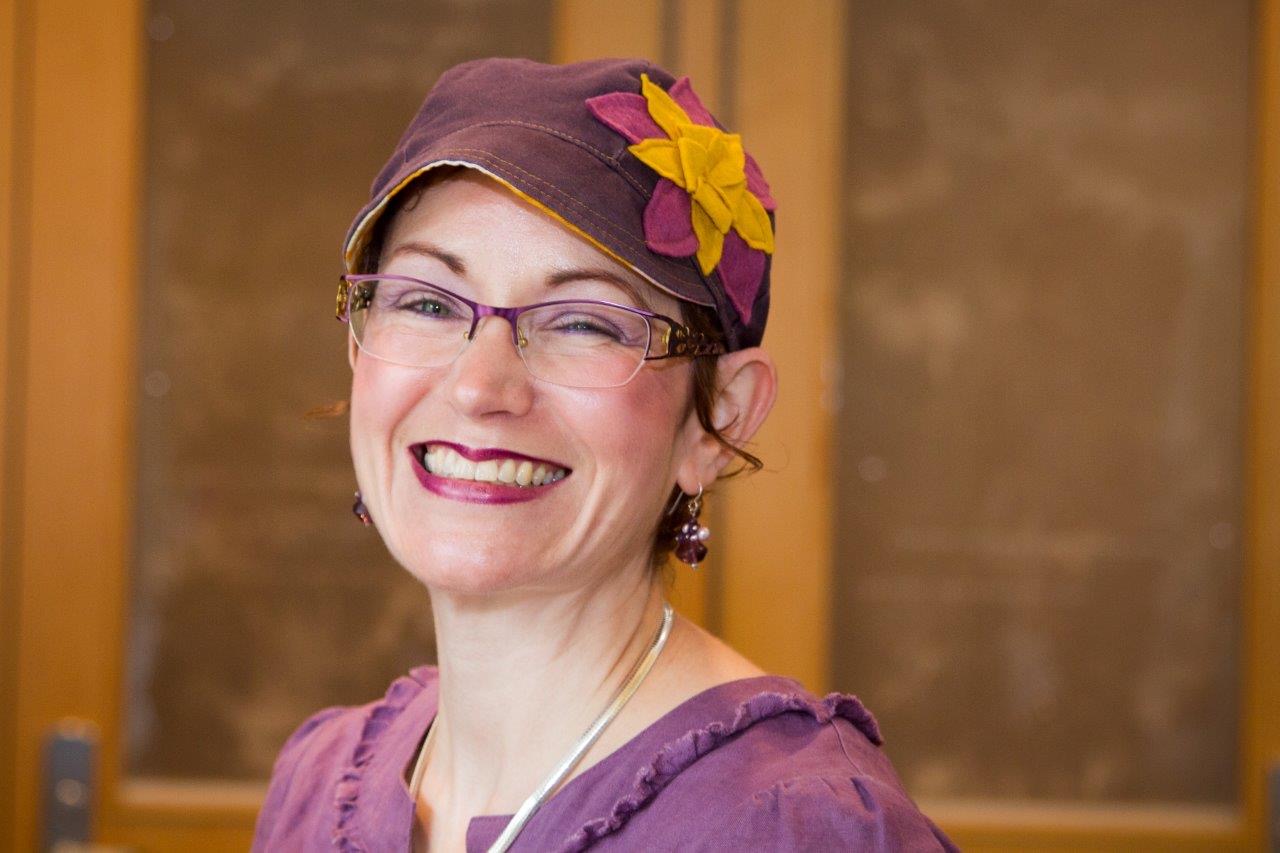
Samis Foundation Master Teacher Award Recognizes Exceptional Excellence in Jewish Education
January 22, 2020By Samis Foundation
November 4, 2019 – Teens wrestle with questions of identity every day. Questions range from what to wear and what music to listen to, to who to eat lunch with and when to speak up on a topic they care about. Identity development is challenging as they learn how to engage with the world around them and how to tap into their own strengths as an individual.
For Jewish teens, identity development is multifaceted. Not only do they consider the question of how to integrate Jewish tradition into their daily life, but for many there is a question of what the place of Israel should or could be in their lives. Jewish teens growing up in the United States often find the modern culture around them at odds with the Jewish family traditions developed over millennia.
For teens to truly appreciate their Jewish heritage, the historical connection of Jews to the land of Israel, and their place as a link in the historical chain, requires context. Having an immersive experience in a modern society that’s grappling with the old and the new every day is a powerful tool for framing that experience. A trip to Israel, a laboratory of an ancient people confronting modernity, can help teens put past, present and future in context. It can also push teens to navigate the world with greater independence and provide an opportunity for transformational growth.
Organizations like the Samis Foundation work to help teens discover their rich heritage. At a pivotal time in their development, giving teens the opportunity to step outside their U.S. experience and see Jewish life from another vantage point can help them transition from the experience of growing up at home with the guidance of their parents, to actively and independently beginning to construct their own Jewish identity and experience.
“Teen summer programs in Israel are widely recognized as wonderful opportunities to foster personal growth and explore, define and solidify Jewish identity. The trips provide an opportunity for teens to travel with their friends and peers in a land and culture that is deeply rooted in Jewish heritage and which sets them up for long term success in being able to articulate the value and need for Israel. Teens develop a personal relationship to Israel and are provided with a global lens with which to look at Israel and the world,” says David Berkman, Camp Director at URJ Camp Kalsman. “As a camp director, the experience is important because it gives our teens the opportunity to have a first-hand experience of Israel before they get to college, preparing them for complicated conversations, the ability to discern fact from perception and to frame a view of Israel based on their experience.”
In addition to funding unique academic year Israel opportunities such as the Alexander Muss High School in Israel Impact Fellowship and Tichon Ramah Yerushalim, the Samis Foundation provides significant summer Israel program grants. The foundation also supports the Teen Israel Experience needs-based scholarship program at the Jewish Federation of Greater Seattle. These programs give teens from Washington State a meaningful opportunity to explore their Jewish roots by immersing themselves in the history, society and culture of Israel. This allows them to hear Hebrew as a spoken language outside of religious ceremonies – to see it written on billboards, restaurant menus and even license plates, and to hear “Shabbat shalom” instead of “have a nice weekend.”
“We set up opportunities for students to be able to grapple with the ancient — thousands of years of history — and to learn about the modern state of Israel in order to begin a conversation about how those things can co-exist in a personal way today,” says Rabbi Derek Gormin, regional director of West Coast NCSY. “They see Hassidic Jews with cellphones, hip young adults in Tel Aviv carrying a Tanach (text of the Hebrew Bible), kids speaking in Hebrew, nonreligious young adults who are fluent in Yiddish. In order to really understand something, you have to experience it.”
Teens returning from a meaningful and immersive cultural experience abroad have much to share with their peers of all backgrounds. As they assume leadership positions in youth groups, synagogues, camps, or volunteer and become involved in their community, their deeper understanding of who they are and where they come from informs their daily lives here in the U.S., creating a richer life for everyone around them.
“Using Israel as my classroom has already been a life-changing experience. I have seen the world from an entirely different point of view,” says student Samantha Wampold. “It is one thing to sit in class and read your history book, but when you physically are at the place you are reading about, you imagine it differently.”
Click HERE to view the original article as published in the Seattle Times

